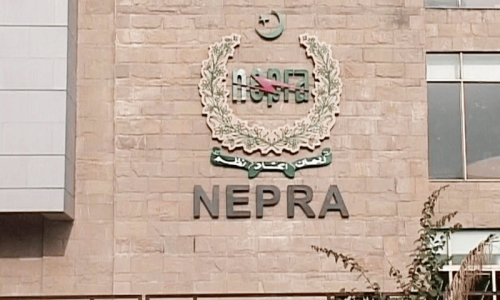LAWS enacted in Pakistan that guarantee equality and protection for women have never been extended to Fata. Treated as personal property, their fate tied to tribal customs or riwaj, tribal women have limited recourse to the law under the colonial-era FCR. Because the underlying component of tribal society is patriarchal, women must live by the rules of engagement set by men. This is the context of a report in this paper over the weekend that focuses on the appalling practice of buying and selling women, a custom codified under Turizona law in Kurram Agency. Established under British rule in 1944, this law allows for tribal women to be purchased like cattle for the purposes of matrimony and at varying price tags — rasmana or money that the heirs of a woman receive when she is sold. Her price depends on whether she is single, married, widowed or even abducted. Indeed, such sordid customs — vulvar and swara included — must have no legal standing whatsoever in the 21st century. The challenge is to ensure that anti-women customary laws are not codified in the process of instituting reforms in Fata. However, pro-women reforms will not be widely accepted without changing the perceptions of tribal men. This is doable through education and instituting gender equality via legal and political reforms. One way to weaken tradition is to repeal outmoded laws that are replete with inhumane and discriminatory clauses.
Surely the government knows that what is due to women needs attention in the tribal region; laws justifying customs deny them their right to gender equality and fuel religious intolerance and violence, whether they disenfranchise women or subject them to forced marriages to settle feuds. The latter is criminalised in the rest of the country, but not in Fata. Even though political agents have appellate power over jirgas, they acquiesce in decisions adversely impacting women. The superior court’s jurisdiction must be extended to Fata so that women can seek constitutional protection. That their lives have been gravely threatened by militancy and disrupted by military operations further underscores the necessity of removing legally enshrined gender-based discrimination when mainstreaming Fata. If ever there was the right moment for debate around reforming a much-neglected region and the status of its women, this is it. Further, for counter-insurgency to succeed, women as one of the most affected groups must be at the core of peace-building and political decision-making.
Published in Dawn October 4th, 2016









































